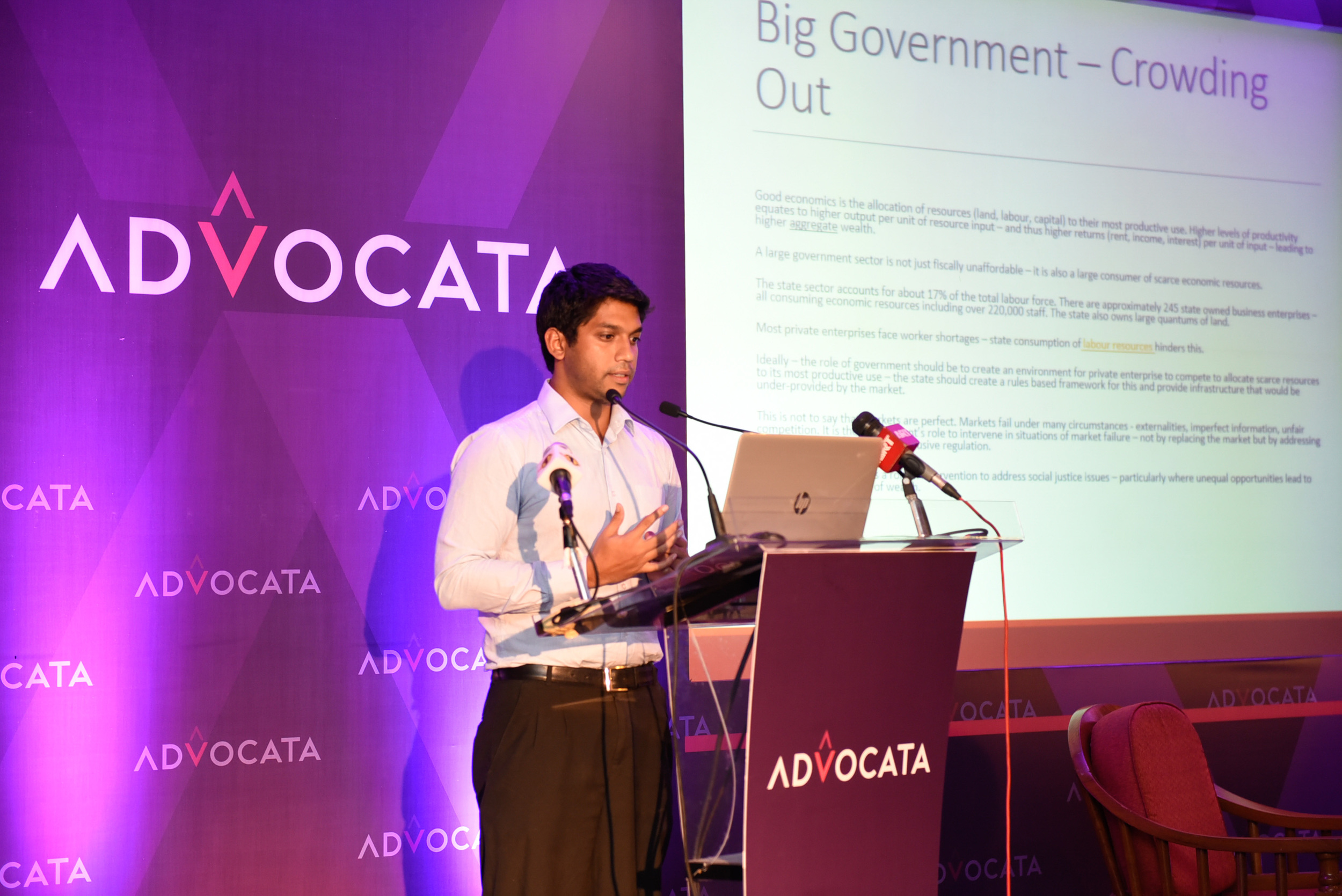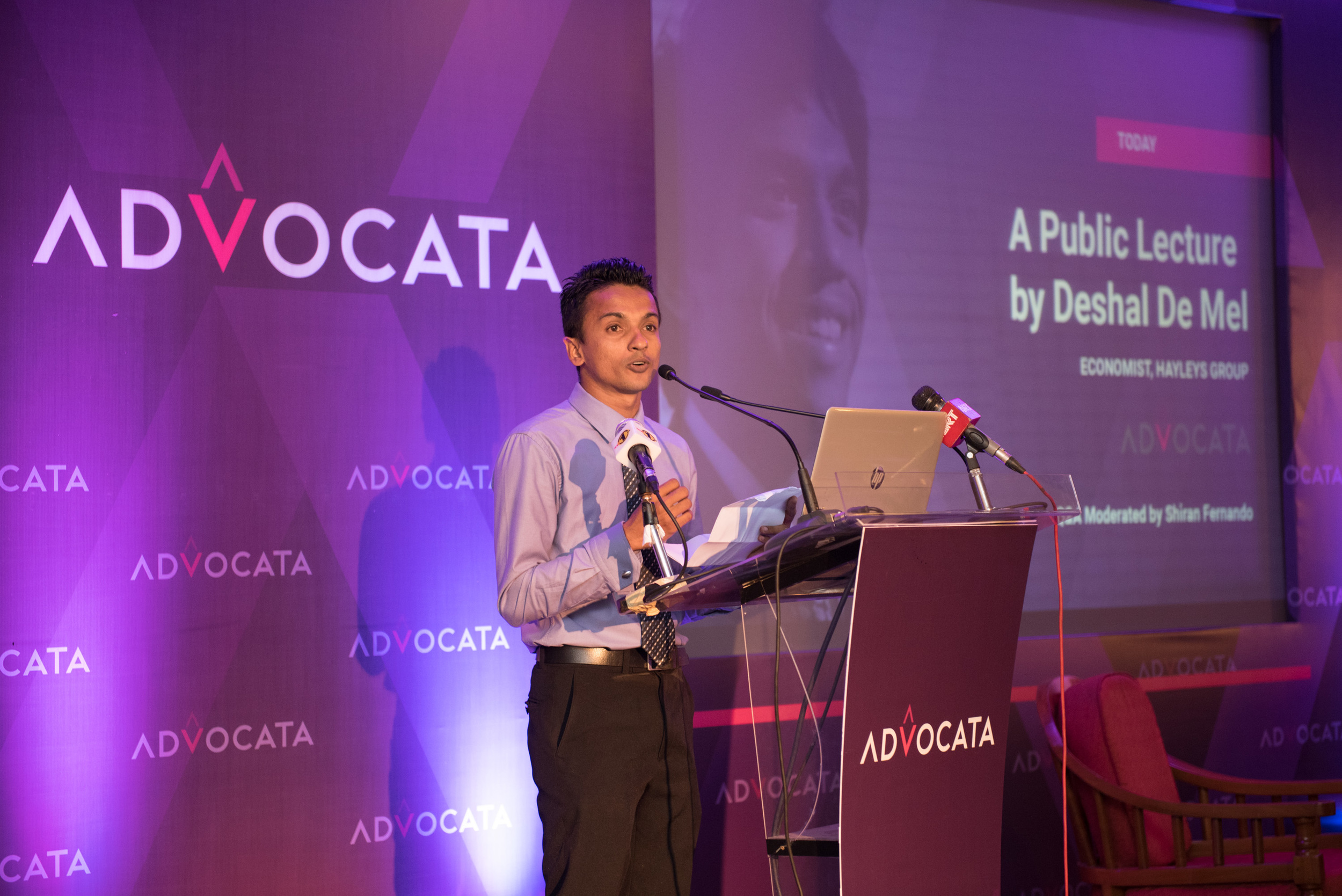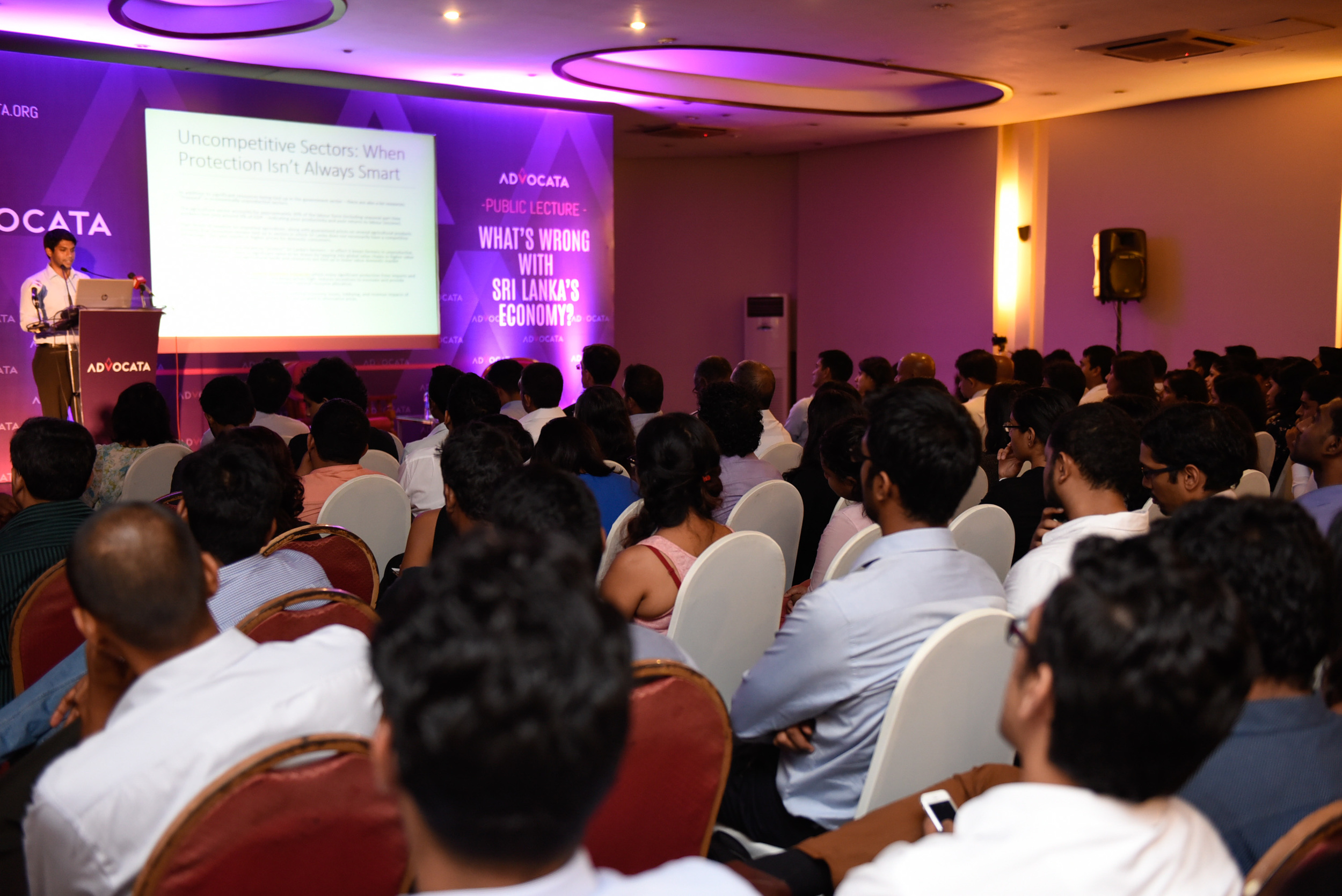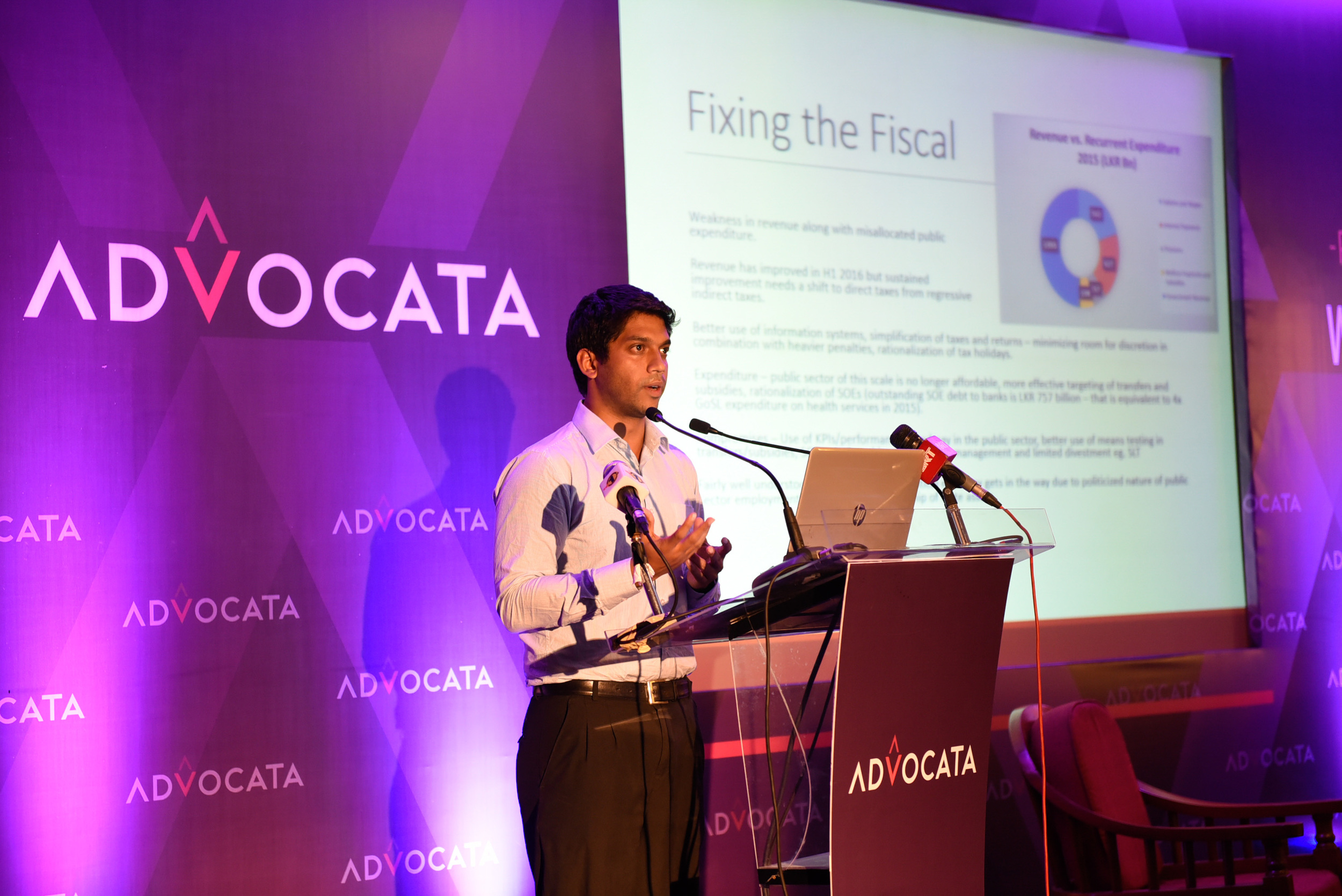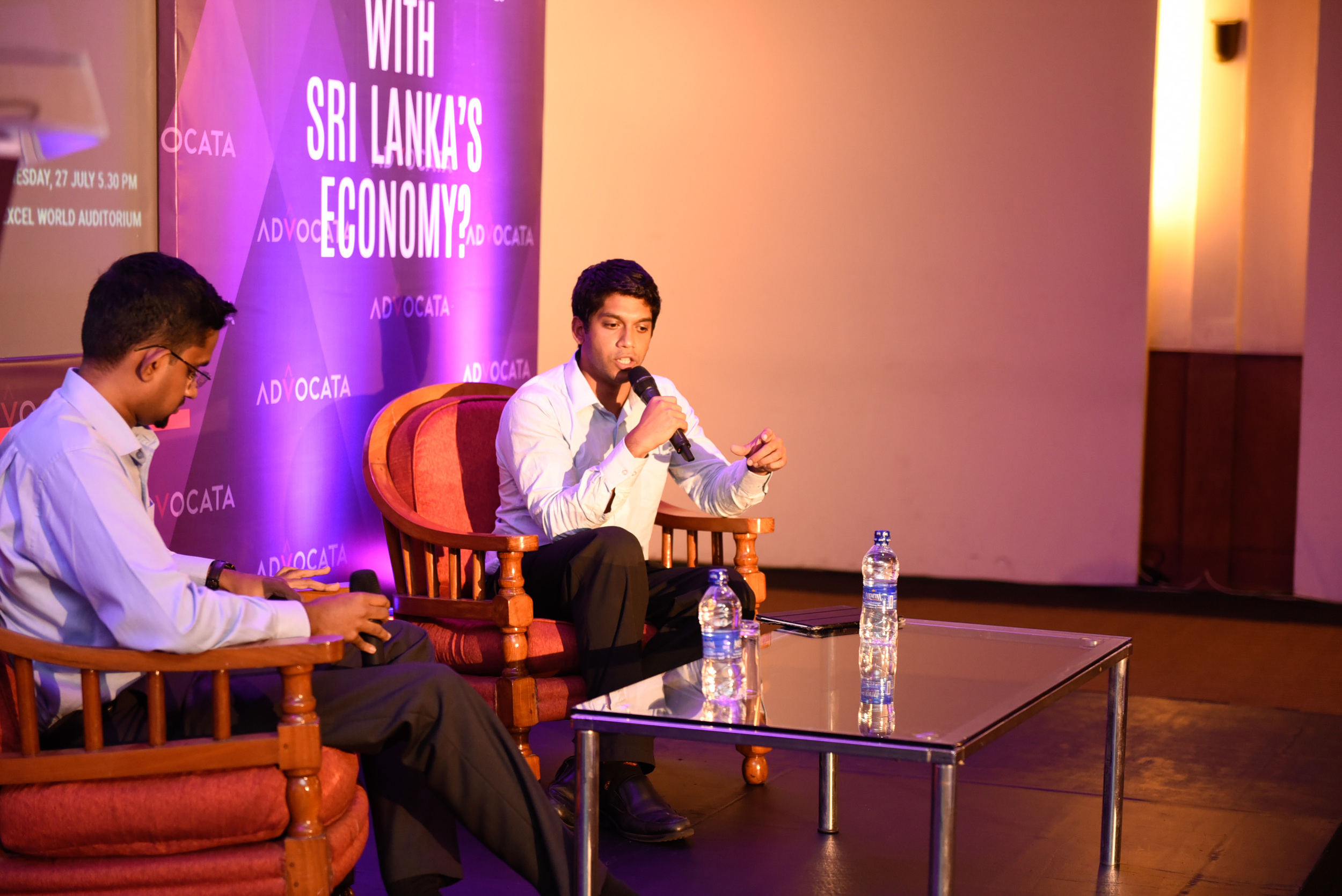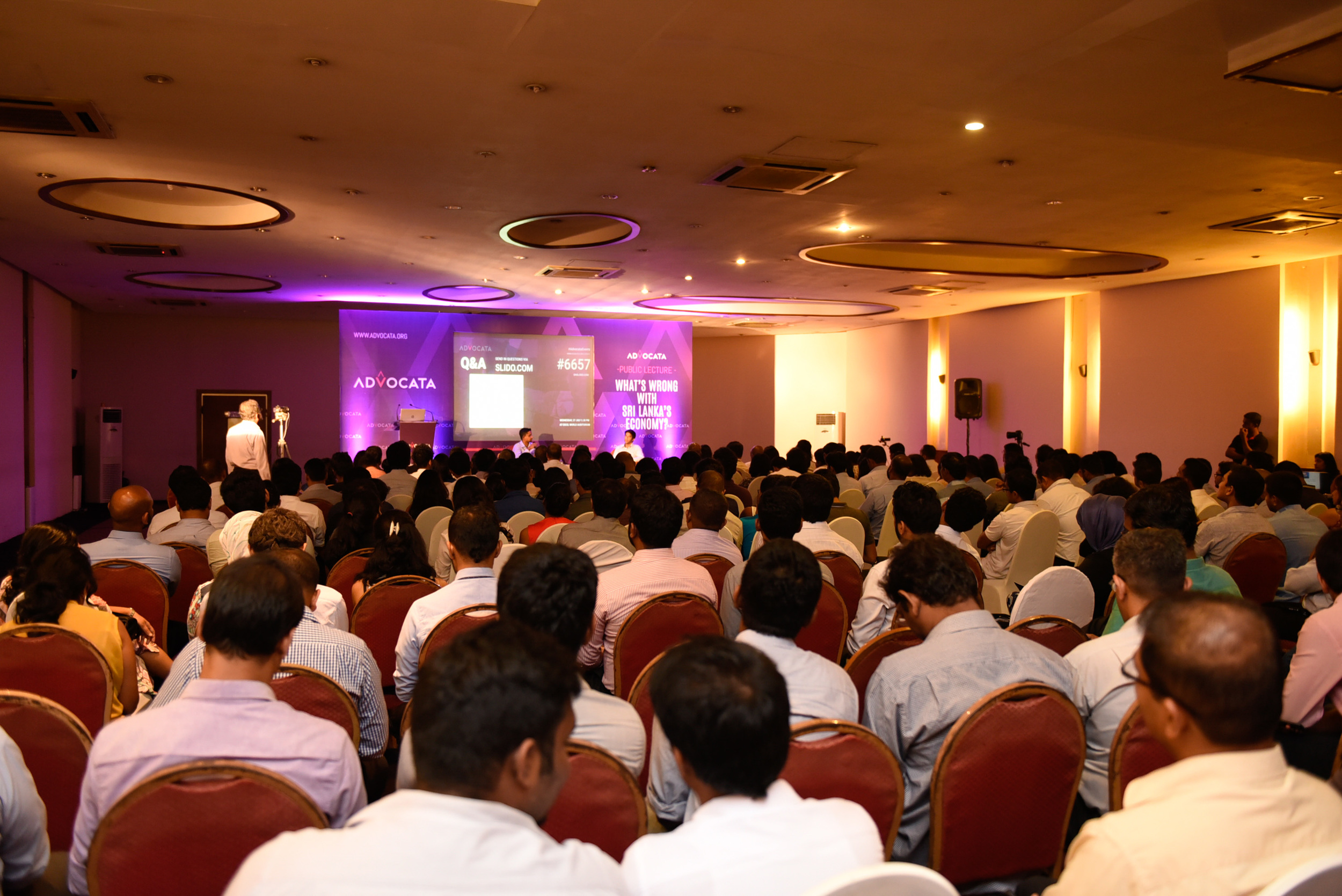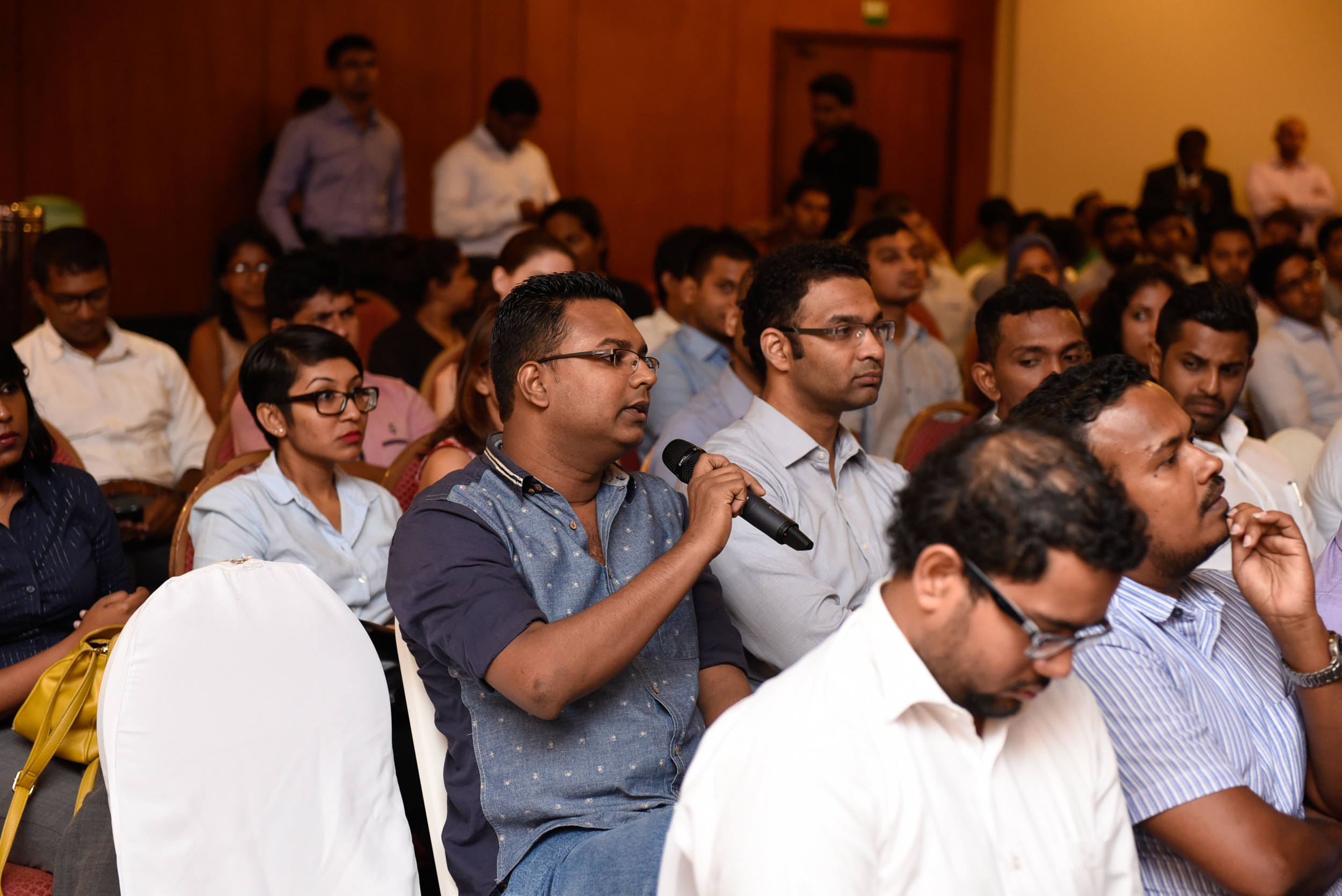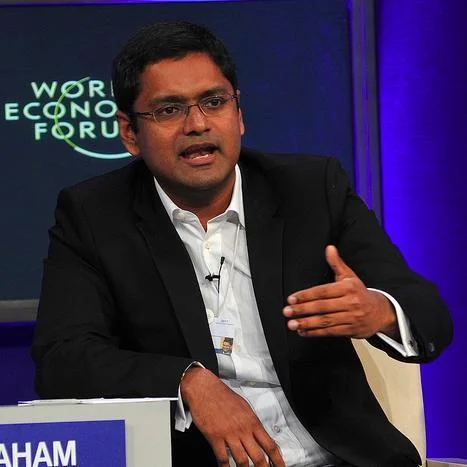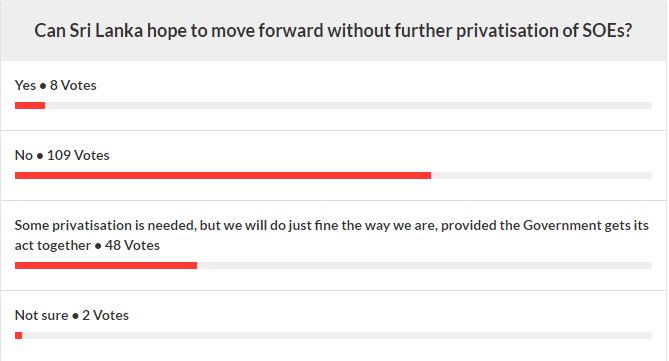Australian High Commissioner to Sri Lanka Bryce Hutchesson and Prof. Prema-Chandra Athukorala
In the light of Ministry of Development Strategies and International Trade promising to present the Agency for Development (AfD) Bill to parliament, think tanks and economists lament that Sri Lanka has a long way to go in removal of para-tariffs (taxes over and above normal tariffs) and trade liberalisation to make Sri Lanka a haven for investments.
To attract Foreign Direct Investments (FDIs) for Sri Lanka, its burgeoning Indian Ocean Island economy, should cut barriers to trade and investment, top trade economist Prof. Prema-Chandra Athukorala recently said at a forum organised by Advocata Institute, a Colombo-based free market think tank.
“This would form a natural progression from garment manufacture, on which the country is now heavily reliant. Sri Lanka’s protectionist trade policy and erosion of confidence in the legal system are key factors that have discouraged investors resulting in a decline in Sri Lanka’s share in world manufacturing exports from around 2000,” he said.
Athukorala is a Professor of Economics at Australian National University and a top consultant on international trade to a host of international organisations.
The liberalisation undertaken in the late 1970’s resulted in a notable increase in manufacturing exports and a steady increase in Sri Lanka’s share in world manufacturing exports. The reforms suffered a significant setback from about the early 2000: with the imposition of para-tariffs, and a proliferation of ad-hoc duty exemptions and case-by-case duty adjustments.
Sri Lanka has a bewildering number of para-tariffs including: Ports and Airports Development Levy (PAL), the Customs Surcharge (SUR), the Commodity Export Subsidy Scheme (Cess), and the Regional Infrastructure Development Levy (RIDL).
Sri Lanka needs to continue with reforms if it is to reap the benefits of export led growth. “That is why South Asian countries have not been able to join global production sharing like East Asia. Just having cheap labour alone is not enough.”
The global economic environment is changing with production sharing (Global Production Networks- GPN’s) becoming the prime mover of cross border production and trade. GPN’s are of two types, buyer driven and producer driven.
To date, most of the Sri Lanka’s FDI is in Buyer driven GPNs where a buyer (usually a retailer) buys finished goods. Although common in industries such as garments and footwear, globally buyer driven GPN’s formed only 12 per cent of world manufacturing trade (in 2012-13), and its share is declining.
Producer driven GPNs are where an end producer assembles the final product from components made in several locations. This takes place in vertically integrated industries such as electronics, medical devices and cars. Producer driven GPN’s accounted for 51.1 per cent of world manufacturing trade in 2012-3 and its share is growing; this is the trend Sri Lanka needs to tap into, according to Prof. Athukorala.
Successful integration of the manufacturing sector into producer driven GPN’s has played a key role in employment generation and poverty reduction in China and other high-performing East Asian countries.
The determinants of a country’s success in joining global production networks are the availability of trainable labour, proactive investment promotion and service link costs, according to the economist. He emphasised that while the importance of infrastructure and political stability to reduce link costs are often spoken about, Sri Lanka needs to focus on property rights protection, ease of enforcing contracts and a liberal trade and investment policy to attract FDI.
Read the entire article on The Sunday Leader











